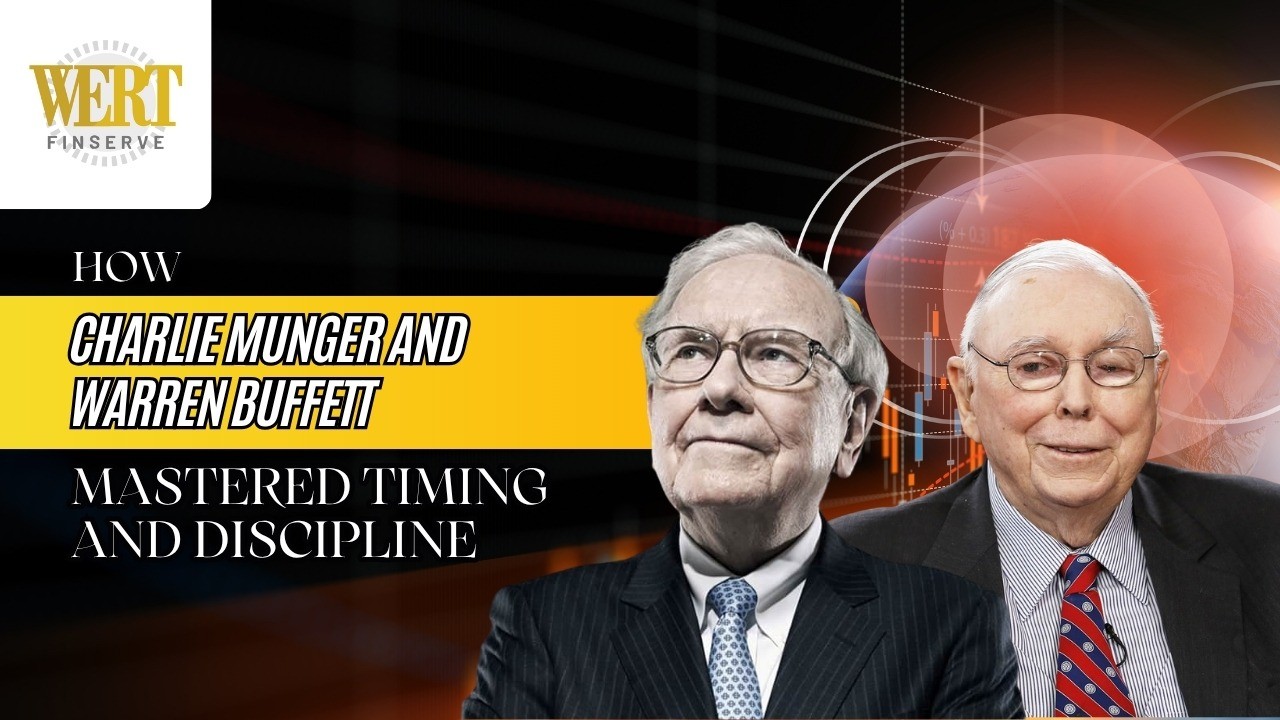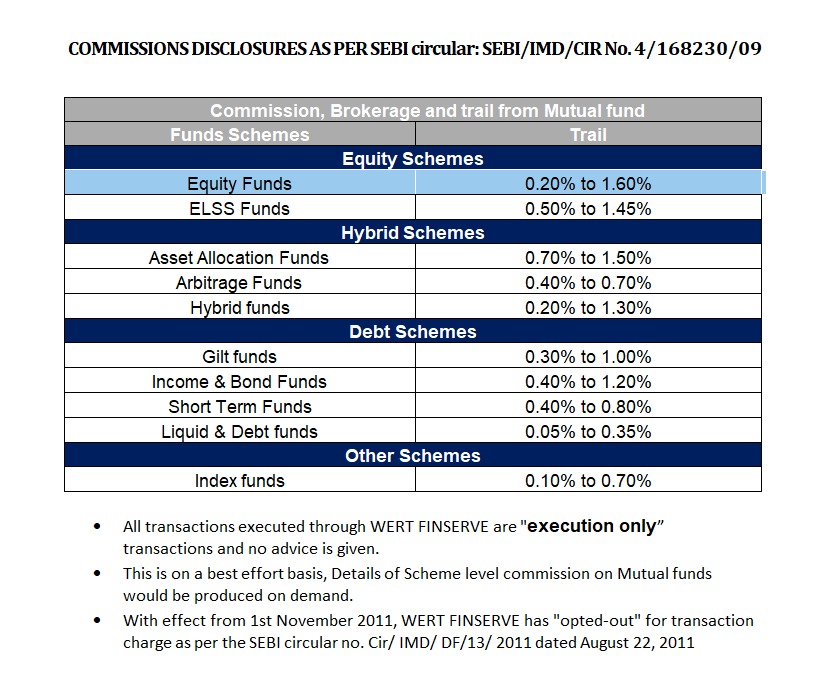Equity mutual funds are a popular investment avenue for wealth creation, offering the potential for higher returns by investing primarily in equities. However, navigating this space effectively demands more than just a DIY approach. It requires strategic planning, research, and expert guidance to align investments with financial goals.
Here’s a comprehensive framework for approaching equity mutual fund investments the right way, emphasizing the need for expertise at each step.
Understanding Equity Mutual Funds
Equity mutual funds pool money from investors to purchase shares of companies listed on stock exchanges. These funds come in various categories, each catering to different investor profiles:
- Large-Cap Funds: Focus on well-established companies with relatively stable returns.
- Mid-Cap Funds: Target medium-sized firms with higher growth potential but greater risk.
- Small-Cap Funds: Invest in smaller companies offering high risk but significant return potential.
- Sectoral/Thematic Funds: Focus on specific industries like technology, healthcare, or banking.
- Multi-Cap or Flexi-Cap Funds: Provide diversification by investing across companies of different sizes.
While equity mutual funds promise growth, they come with inherent risks tied to stock market volatility. Selecting the right fund requires understanding these dynamics, making professional advice indispensable.
Aligning Investments with Financial Goals
Every investment journey begins with a clear understanding of objectives and risk tolerance. An expert can help you answer critical questions:
- What are your financial goals? Are you saving for retirement, a house, or education?
- What is your risk appetite? Are you a conservative, moderate, or aggressive investor?
Professional financial advisors assess these parameters to recommend funds that align with your aspirations and time horizon, ensuring your investments remain on track even amid market fluctuations.
Research and Due Diligence: The Expert Edge
Selecting the right mutual fund goes beyond scanning historical performance. It involves a multi-faceted analysis:
- Fund Performance: Evaluate the fund’s performance across varying market cycles.
- Fund Manager Expertise: A seasoned fund manager can significantly impact outcomes.
- Fund Manager Expertise: A seasoned fund manager can significantly impact outcomes. Analyze their style of investing, research approach, and views on individual funds, various sectors, and macroeconomic trends.
- Benchmark Comparison: Ensure the fund consistently outperforms its benchmark index.
While these factors are accessible to retail investors, interpreting them effectively often requires expert insights, especially when assessing niche funds or volatile sectors.
Systematic Investment and Portfolio Structuring
A disciplined approach to investing is critical. Systematic Investment Plans (SIPs) allow you to invest small amounts at regular intervals, reducing the risks of market timing and volatility through rupee cost averaging.
However, determining the right SIP amount, fund mix, and allocation strategy is not straightforward. Experts analyze your financial situation and recommend a balanced portfolio—spanning large-cap, mid-cap, and sectoral funds—to optimize growth while mitigating risks.
Active Monitoring and Rebalancing
Markets evolve, and so should your portfolio. Regular reviews ensure your investments remain aligned with your goals:
- Market Dynamics: Professionals help interpret market trends and adjust investments accordingly.
- Life Changes: Major life events or shifts in goals may require portfolio restructuring.
- Rebalancing: Periodic adjustments maintain an optimal risk-return profile.
Tax Efficiency and Compliance
Equity mutual funds come with tax implications that must be factored into your strategy:
- Long-term capital gains (LTCG) tax applies to equity investments held for over a year, with gains above ₹1.25 lakh taxed at 12.5%.
- Short-term capital gains (STCG) tax is higher, at 20%.
- Equity-Linked Savings Schemes (ELSS) offer tax benefits of deduction upto 1,50,000 in a financial year under Section 80C of the Income Tax Act.
A financial advisor can suggest strategies to minimize tax liabilities while maximizing returns.
The Need for Expertise
While equity mutual funds are accessible, making informed decisions without professional guidance can be challenging due to:
- Complexities of Fund Selection: Understanding market trends, fund strategies, and portfolio diversification requires expertise.
- Emotional Investing: Professionals provide objective advice, preventing knee-jerk reactions to market volatility.
- Evolving Opportunities: Experts keep track of new fund offerings, regulatory changes, and economic shifts that might affect investments.
Conclusion
Investing in equity mutual funds is a powerful way to achieve financial goals, but success hinges on strategic decision-making and expert guidance. By leveraging professional insights, you can align your investments with your aspirations, mitigate risks, and navigate market complexities confidently.
Avoid the pitfalls of a DIY approach — consult with WERT Finserve to craft a tailored investment strategy that maximizes growth while safeguarding your financial future.





